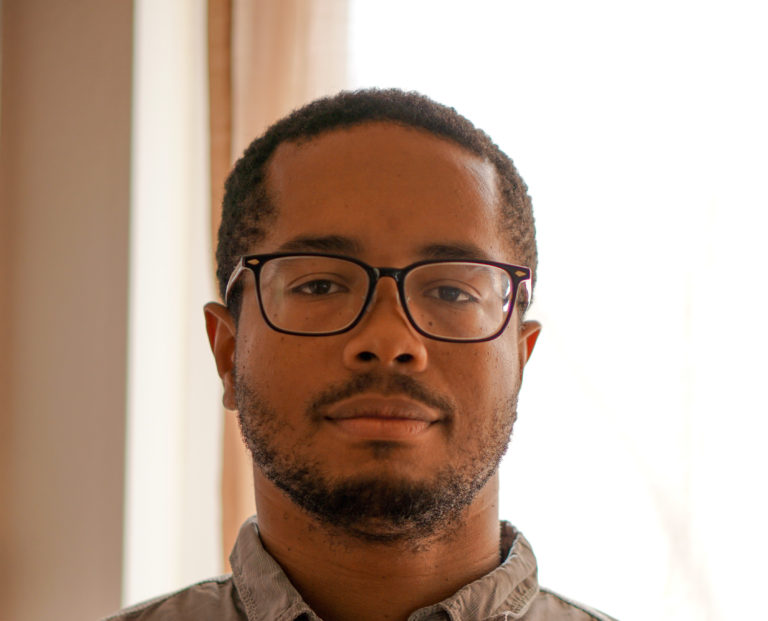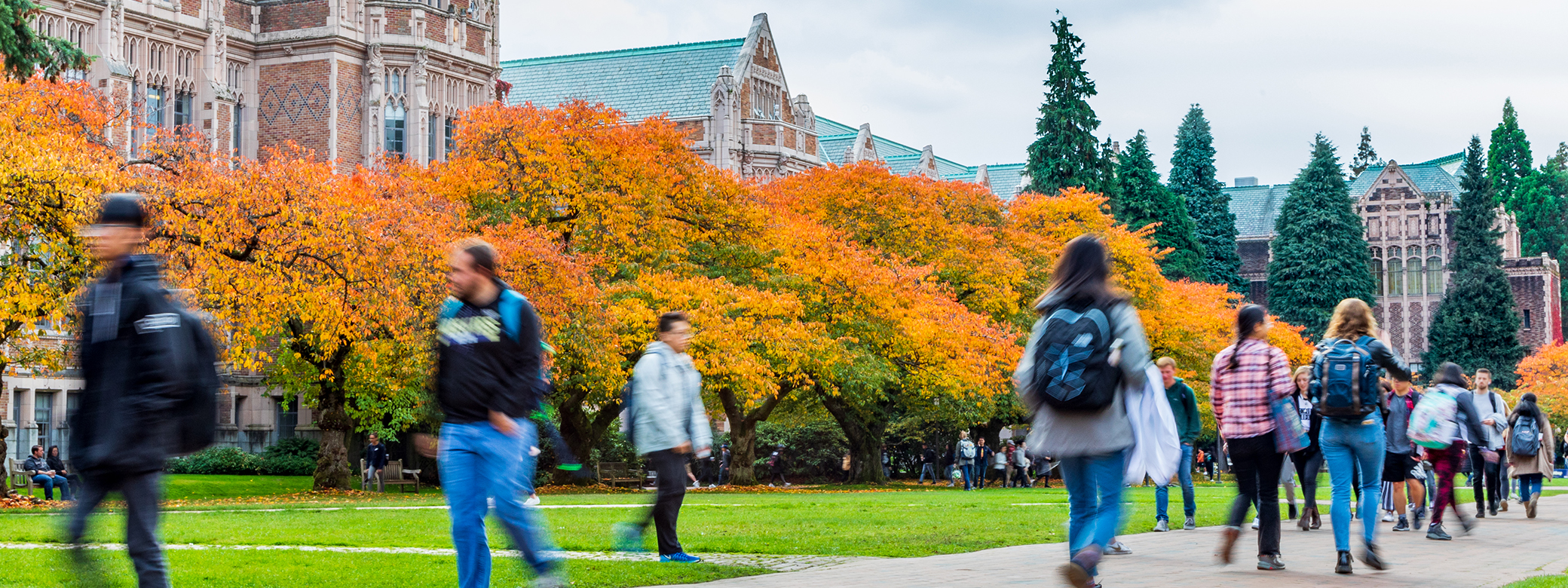-
Expert joins KIRO Newsradio amid MLK Day to talk about race
A massive 70-member choir belted out Hallelujah to open a Martin Luther King Jr. (MLK) Day service Monday at his former congregation in Atlanta, followed by a stern message from his youngest daughter warning against anti-woke rhetoric. Ralina Joseph, associate professor of communication at the UW, is quoted.01/21/2025 | MyNorthwest -
New podcast from the Burke Museum and KUOW launches January 21!
A podcast for curious kids (and adults) about a collection of spectacular specimens and the stories they can tell us about life on Earth. The first three episodes are available on January 21. Hosted by Paige Browning and Brandi Fullwood.
01/21/2025 | KUOW -
Analysis: How constitutional guardrails have always contained presidential ambitions
"As Donald Trumps second inauguration fast approaches, concerns he threatens American democracy are rising yet again. Some warnings have cited Trumps authoritarian rhetoric, willingness to undermine or malign institutions meant to constrain any president, and a combative style that strives to stretch executive power as far as possible," writes Victor Menaldo, professor of political science at the UW.01/17/2025 | The Conversation -

Panorama of our nearest galactic neighbor unveils hundreds of millions of stars
The Hubble Space Telescope has generated the most comprehensive survey yet of the Andromeda galaxy, the nearest galactic neighbor to the Milky Way. The new mosaic of about 2.5 billion pixels yields new clues to the galaxy's history. UW astronomers presented the findings Jan. 16 at a meeting of the American Astronomical Society.01/16/2025 | UW News -

Bobby Wilson receives PECASE
Dr. Bobby Wilson was awarded the prestigious Presidential Early Career Award for Scientists and Engineers (PECASE), the highest honor bestowed by the U.S. government on outstanding scientists and engineers early in their careers. Dr. Wilson is a leading researcher in Harmonic Analysis, Dispersive PDE and Geometric Measure Theory, and has been at the UW since 2018.
01/16/2025 | UW Department of Mathematics -
Whale, ship collisions around the globe could be helped by slower speeds, study shows
Giant ships that transport everything from coffee cups to clothes across the ocean are often so large they cant tell when they collide with a whale. Now, research out of the Northwest could help these massive vessels avoid collisions with whales around the world. Anna Nisi, a postdoctoral scholar of biology at the UW, is quoted.01/13/2025 | KUOW -
New superconductive materials have just been discovered
Three exotic new species of superconductivity were spotted last year, illustrating the myriad ways electrons can join together to form a frictionless quantum soup. Matthew Yankowitz, associate professor of physics and of materials science & engineering at the UW, is quoted.01/13/2025 | WIRED -
The West Seattle Bridge was named in councilmember Jeanette Williams’ honor—and what a legacy she has
Though we know it by its colloquial name, the West Seattle Bridge is steeped in Jeanette Williams' legacy.
01/13/2025 | UW Magazine -
ArtSci People & Research in the Media: Autumn Quarter Roundup
The College of Arts & Sciences is home to many distinguished researchers, faculty, and students. Their work and contributions have been featured in media outside of the UW and across the country. Take a look at some ArtSci features from this past Autumn Quarter. With everything from AI to Orca whales, ArtSci people and research in the media has something for everyone.
01/09/2025 | College of Arts & Sciences -
Opinion: Study documents steep, painful decline of Olympia press corps
"A new report further documents the evisceration of Washingtons capitol press corps as the states news industry shrank in recent years," writes Brier Dudley, an editor at The Seattle Times. A report from the UW is referenced and Matthew Powers, associate professor of communications at the UW, is quoted.01/09/2025 | The Seattle Times
